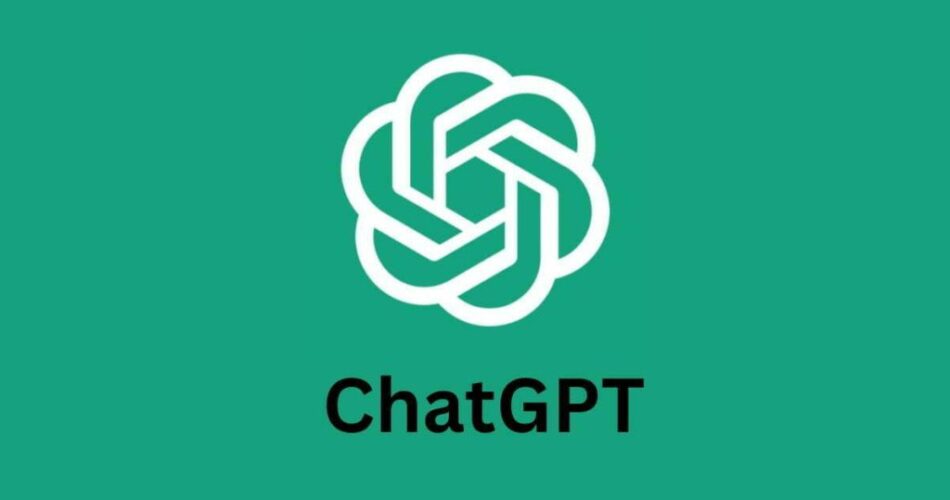OpenAI has made a big move by partnering with the US General Services Administration (GSA) to provide ChatGPT Enterprise to the entire US federal executive branch workforce for just $1 per agency for the next 12 months.
This deal is not only a technological milestone but also a sign of how artificial intelligence is becoming deeply embedded in government operations.
In this article, I’ll break down what the contract means, how it works, the numbers behind it, the potential benefits, and the challenges all in simple, easy to understand language.
- What Exactly Is in the Contract?
- Why Did the US Government Sign This Deal?
- How Much Is ChatGPT Enterprise Normally Worth?
- Additional 0 Million Defense Contract
- The Hallucination Problem: A Big Challenge
- Benefits for Federal Workers
- Why per Agency?
- The Bigger Picture: AI in Government
- Potential Risks
- FAQs
- Final Thoughts
What Exactly Is in the Contract?
The agreement allows every US federal executive branch worker access to ChatGPT Enterprise, the advanced business version of ChatGPT, for almost no cost. Under the deal:
- Price: $1 per agency for 12 months
- Scope: Entire federal executive branch workforce
- Provider: OpenAI in partnership with the GSA
- Goal: Improve speed, reliability, and quality of government services
This pricing is symbolic it’s essentially free compared to the real cost of enterprise AI subscriptions, which can run into tens or hundreds of thousands of dollars per year.
Why Did the US Government Sign This Deal?
The GSA and OpenAI both stated that the purpose is to make government services:
- Faster: Reduce delays in internal workflows
- Easier: Automate repetitive tasks for public servants
- More Reliable: Improve the accuracy of information handling
OpenAI also emphasized that giving public servants direct access to AI tools will help them shape how AI is used, ensuring it aligns with public service missions and ethics.
How Much Is ChatGPT Enterprise Normally Worth?
To understand the scale of the deal, here’s a quick look at the typical pricing for ChatGPT Enterprise compared to what the government will pay:
| ChatGPT Enterprise (per seat) | ~$20–$60/month | <$0.01/month | 99.98%+ |
| Enterprise Security & Admin Tools | Included | Included | Free |
| Unlimited GPT-4 Access | Included | Included | Free |
| Dedicated Support | Included | Included | Free |
Estimated market value: If 1 million+ federal workers get access, the commercial equivalent could exceed $240 million/year yet the government will pay only a few hundred dollars total.
Additional 0 Million Defense Contract
The company also secured a $200 million contract with the US Department of Defense to provide:
- AI-powered data collection tools
- Administrative automation systems
- Proactive cyber defense solutions
These defense applications aim to make public service more efficient and strengthen national cybersecurity.
The Hallucination Problem: A Big Challenge
Despite the excitement, AI hallucinations when the model produces false or misleading information remain a real issue.
| Model | Test Type | Hallucination Rate |
|---|---|---|
| GPT-03 | PersonaQA benchmark (public figures) | 33% |
| GPT-03 | SimpleQA benchmark (general knowledge) | 51% |
| GPT-04-mini | SimpleQA benchmark | 79% |
OpenAI has promised ongoing research to reduce hallucinations and offers developers guides and monitoring tools to improve accuracy.
Benefits for Federal Workers
This deal could transform day to day work in government agencies:
- Automated report drafting for policy documents
- Summarizing lengthy legal texts in seconds
- Data analysis for decision-making
- Multilingual translation for global communications
- Email and correspondence drafting to save time
With millions of hours saved, productivity could jump significantly.
Why per Agency?
This pricing strategy might seem strange, but it serves a purpose:
- Encourages adoption without budget battles
- Builds long-term reliance on AI tools
- Gives OpenAI a huge real-world testing environment
- Creates government trust for future paid contracts
Essentially, it’s a foot-in-the-door strategy offering massive value upfront to become the default AI provider for federal agencies.
The Bigger Picture: AI in Government
AI adoption in government is accelerating globally. For the US:
- 80% of federal agencies already use some form of automation
- The AI market in public sector services is projected to reach $9.7 billion by 2032
- Cybersecurity, fraud detection, and citizen service automation are the top growth areas
This OpenAI deal could push the US further ahead in AI-driven governance.
Potential Risks
While the benefits are clear, risks remain:
- Over-reliance on a single vendor (OpenAI)
- Data privacy and security concerns
- Misinformation from hallucinations
- Job displacement fears among public servants
The success of this partnership will depend on strong guardrails, transparency, and continuous training for federal employees.
FAQs
Q1: What is ChatGPT Enterprise?
It’s the professional version of ChatGPT with better security, faster performance, and admin tools for organizations.
Q2: Will all US federal employees use this?
Yes, the deal covers the entire federal executive branch.
Q3: Is this the first AI deal for the US government?
No, but it’s one of the largest in terms of workforce coverage.
Q4: Can ChatGPT Enterprise work offline?
No, it requires internet connectivity but offers secure cloud access.
Q5: Will employees be trained?
The GSA and OpenAI have indicated training will be part of the rollout.
Final Thoughts
Open AI’s $1-per-agency contract is unprecedented in scale and generosity, giving millions of federal workers access to AI tools that could save time, improve accuracy, and transform public service.
The key challenge will be balancing innovation with responsibility, especially when the technology is known to make mistakes. Still, this could be the most influential AI government partnership yet, shaping how public institutions use AI for decades to come.

